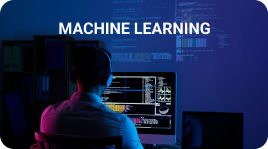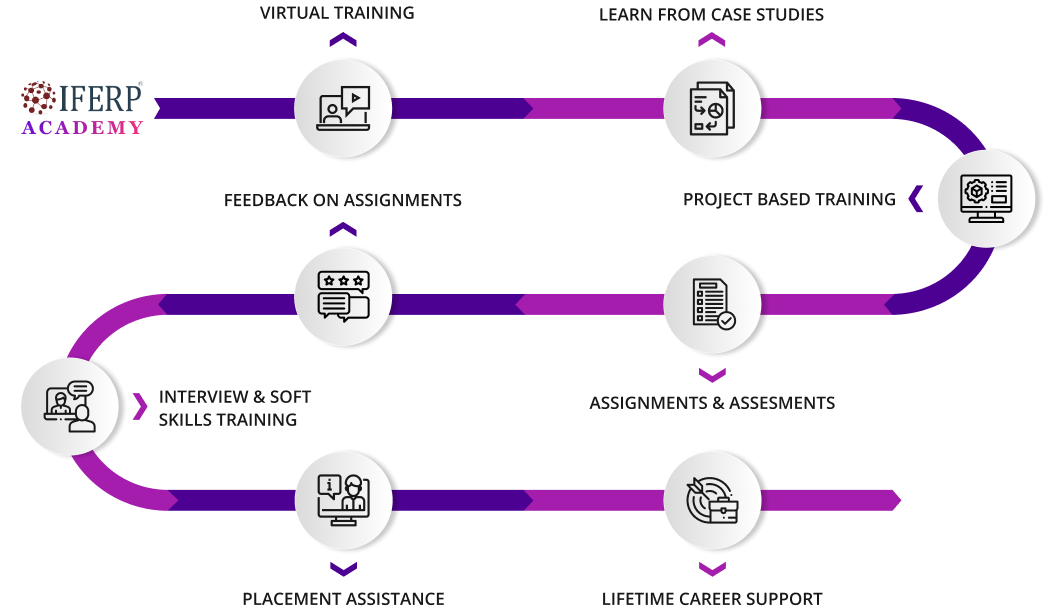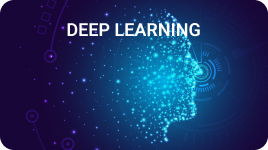Course Content
In this course, you will learn about the fundamentals of Supervised Learning, a type of machine learning where the algorithm learns from labeled training data to make predictions. You will understand how the algorithm maps input variables to a target variable, and how it can be trained and tested on separate datasets. This course will cover applications of Supervised Learning, including classification, regression, and anomaly detection.
supervised learning. The course covers the fundamental concepts of classification, including binary classification and multi-class classification. You will learn about different algorithms for classification such as k-Nearest Neighbors, Decision Trees, Random Forest, Support Vector Machines, and Neural Networks. The course will also cover evaluation metrics used to assess the performance of a classifier such as accuracy, precision, recall, and F1-score.
Discover Regression Techniques in Machine Learning with this hands-on course. Learn about algorithms such as Simple Linear Regression, Multiple Linear Regression, Polynomial Regression and more using Python. Develop practical skills in evaluating performance, avoiding overfitting/underfitting, and feature selection. Apply your knowledge to real-world case studies and projects.
data to find patterns and relationships. You will learn popular unsupervised techniques such as clustering, dimensionality reduction, and anomaly detection using Python libraries like scikit-learn and TensorFlow. With hands-on exercises, case studies, and projects, you'll leave with a practical understanding of unsupervised learning and how to apply it in real- world scenarios
Build Personalized Recommendations with Recommendation Engines. Learn to implement algorithms using Python and popular libraries. Gain practical skills in evaluating performance and overcoming real-world challenges.
Discover the Power of Time Series Analysis . This course provides a comprehensive introduction to Time Series, a set of data points collected at regular intervals over time. You will learn about the various components of Time Series data such as trend, seasonality, and residuals. You will also learn how to decompose Time Series data and build models using techniques such as ARIMA and SARIMA.
 Adarsha Shivananda
Adarsha Shivananda Understanding the fundamental concepts and theories of machine learning
Understanding the fundamental concepts and theories of machine learning
 30 Participants
30 Participants
 35 hours of video lecture
35 hours of video lecture Lifetime access to course
Lifetime access to course Certificate on course completion
Certificate on course completion Project-based learning
Project-based learning


